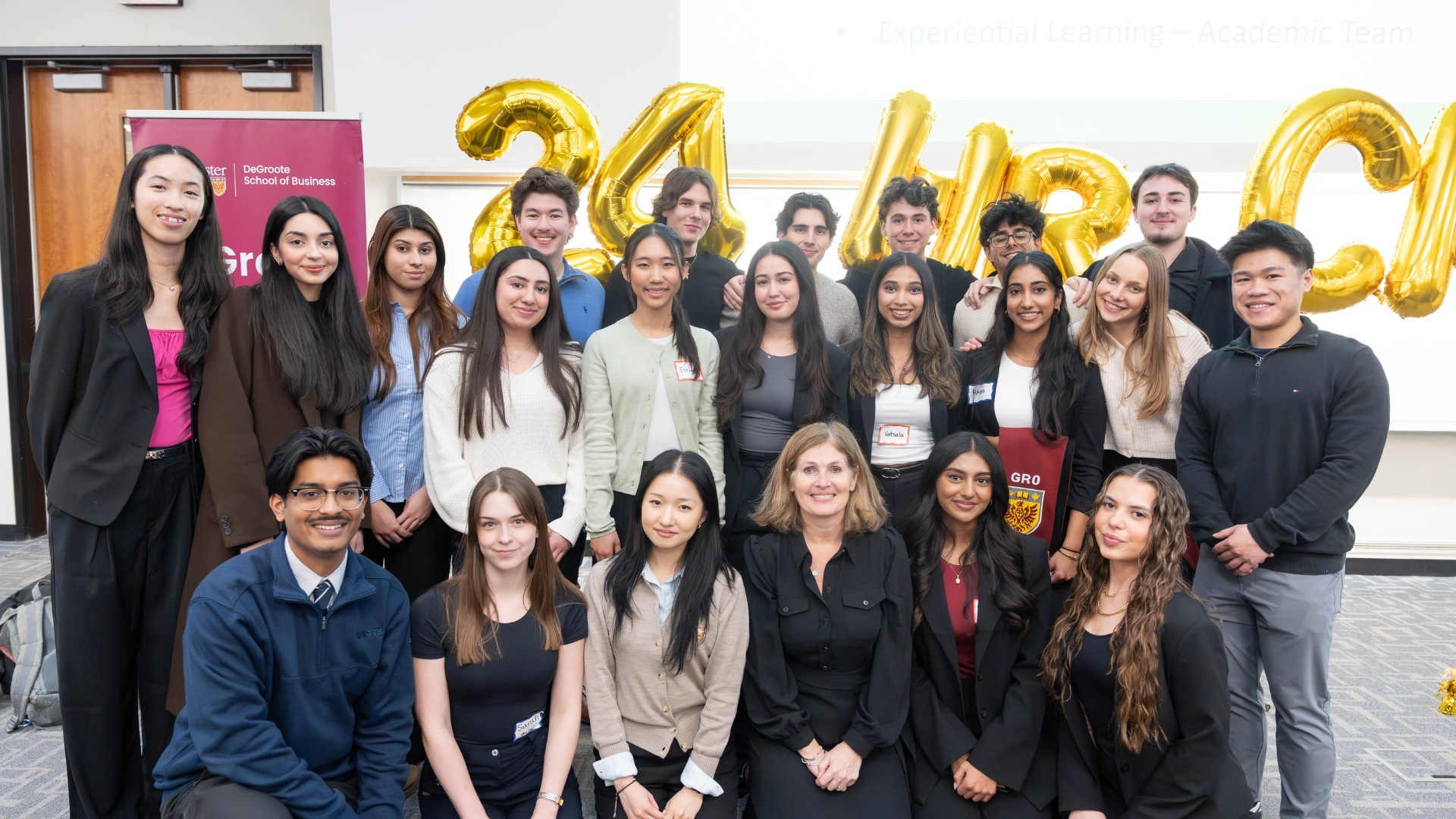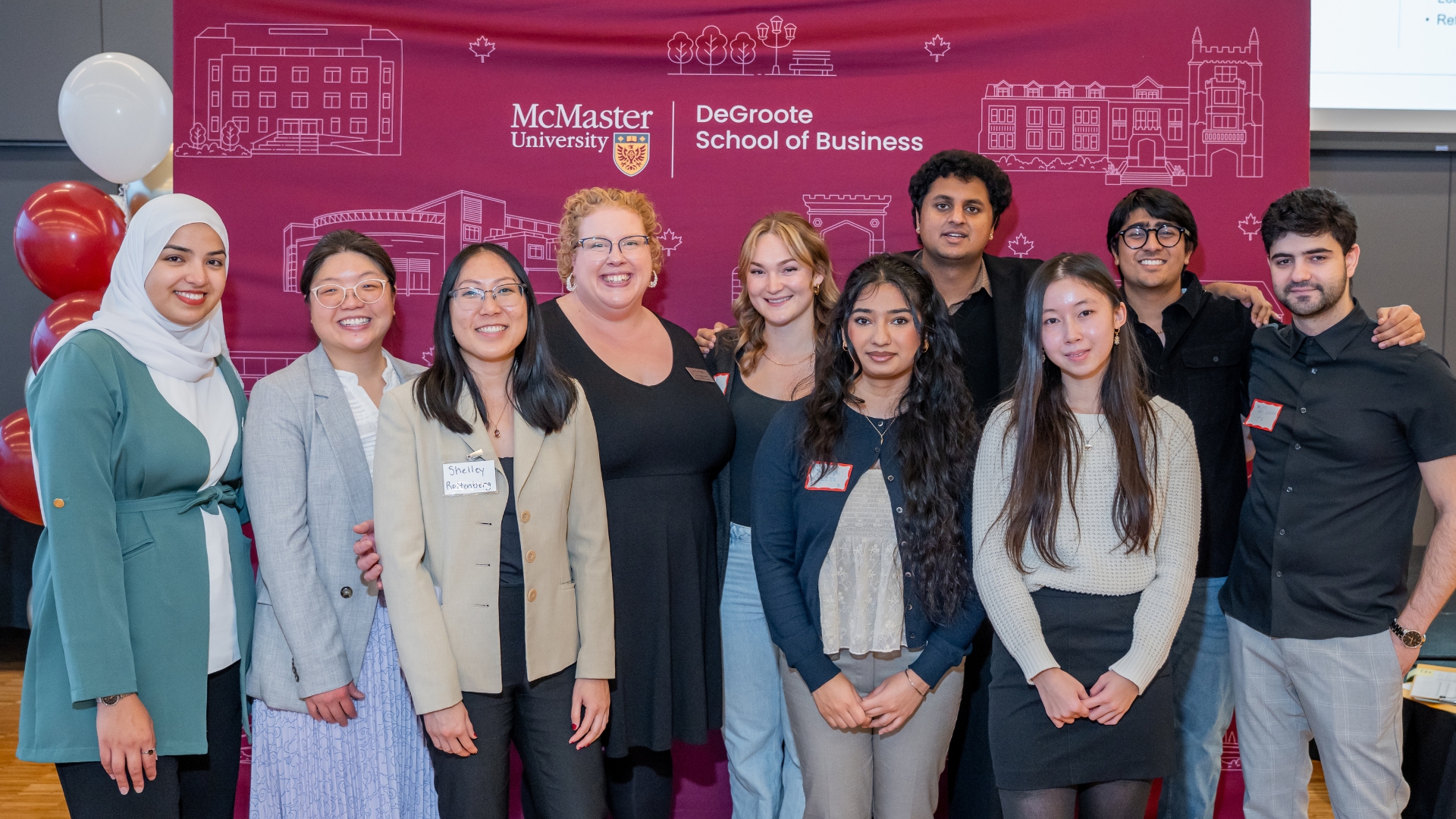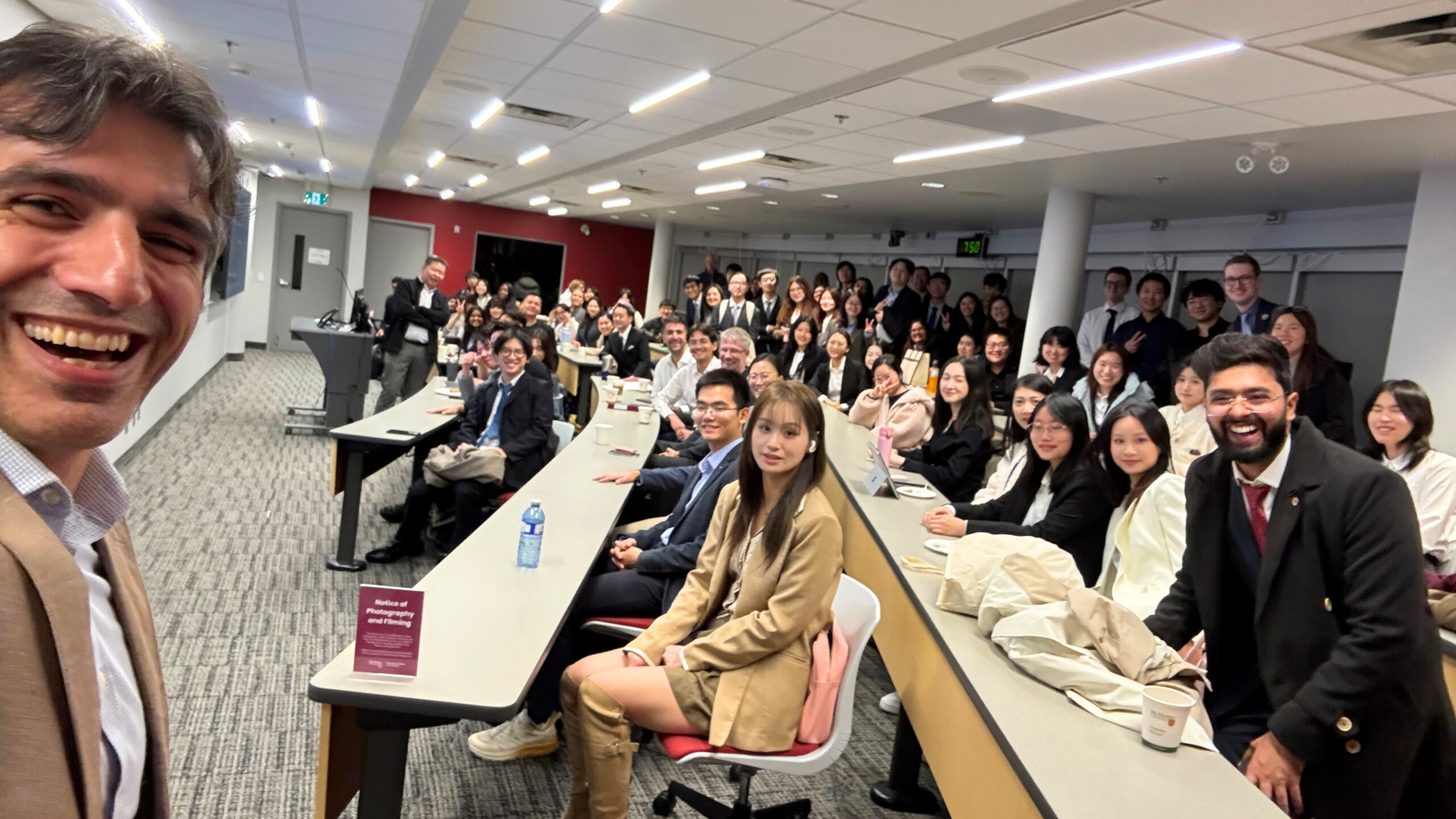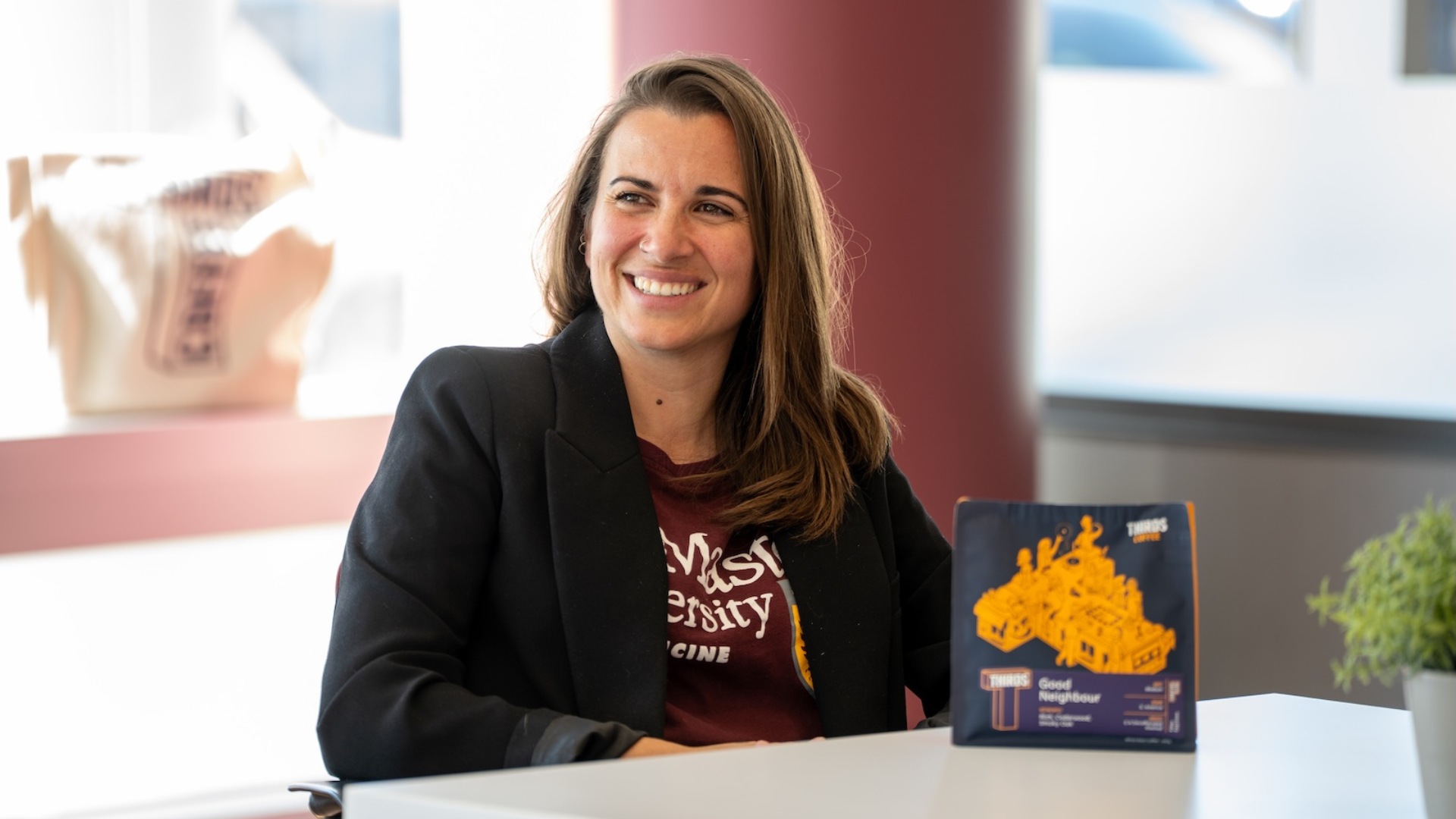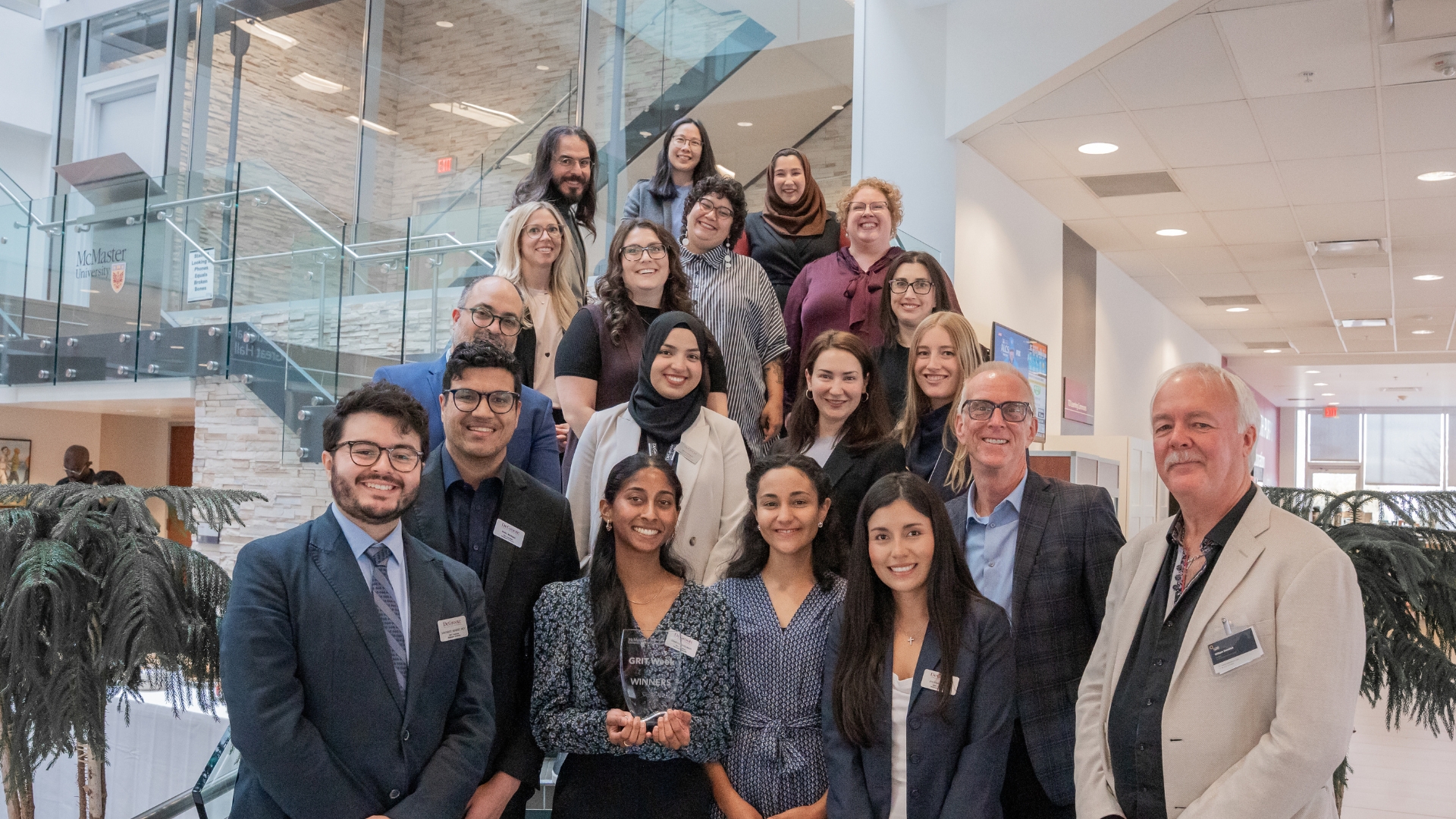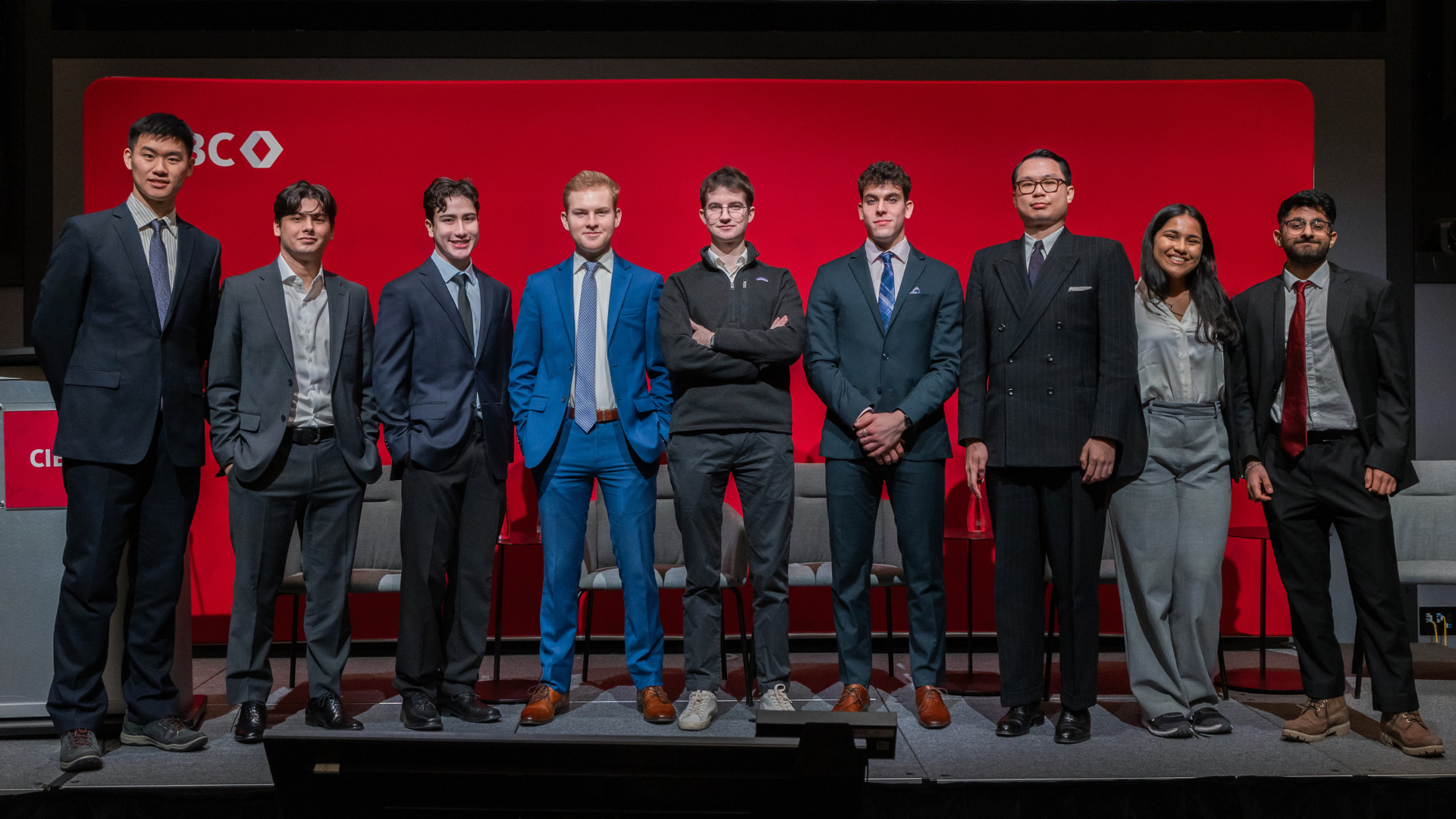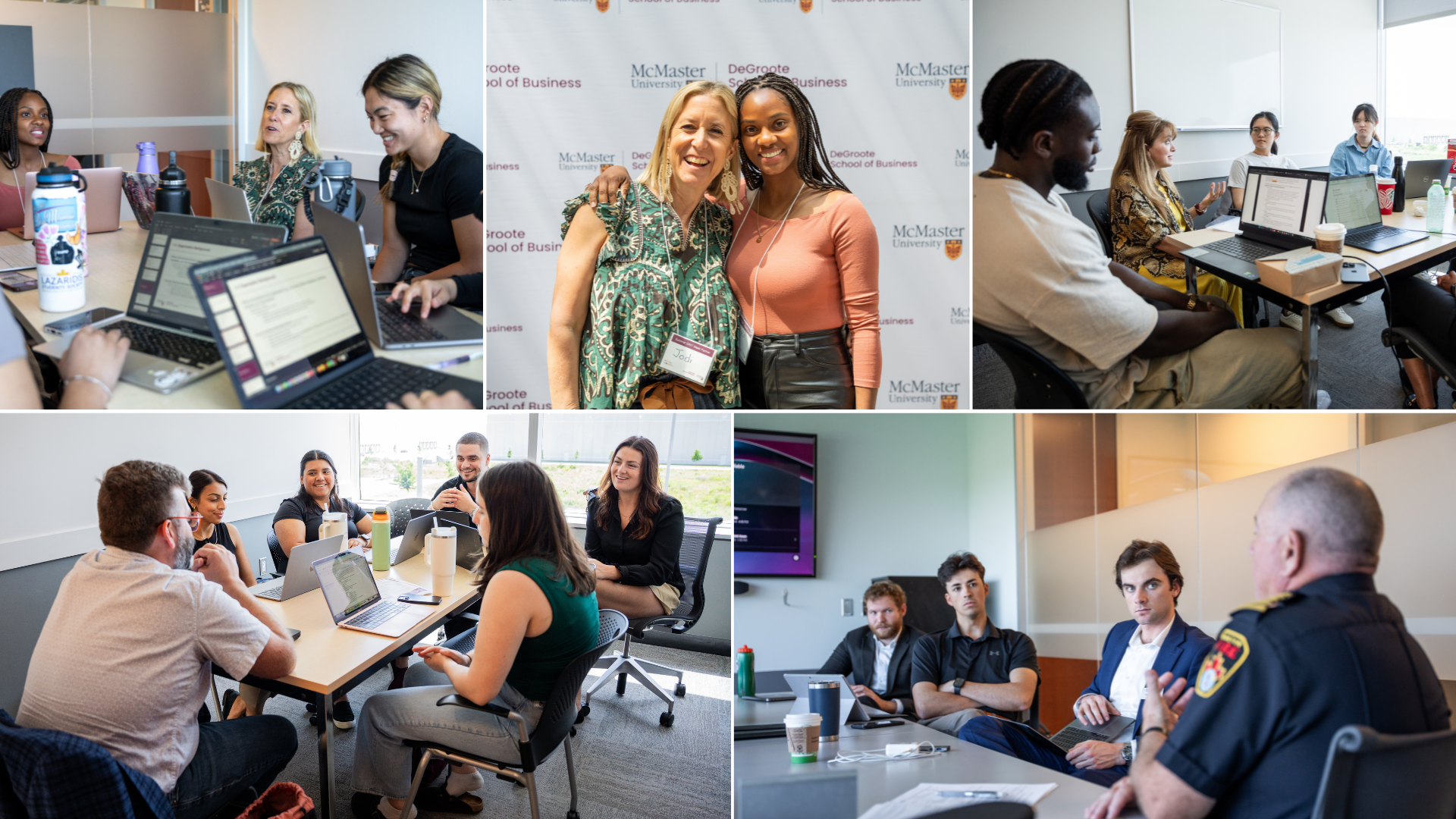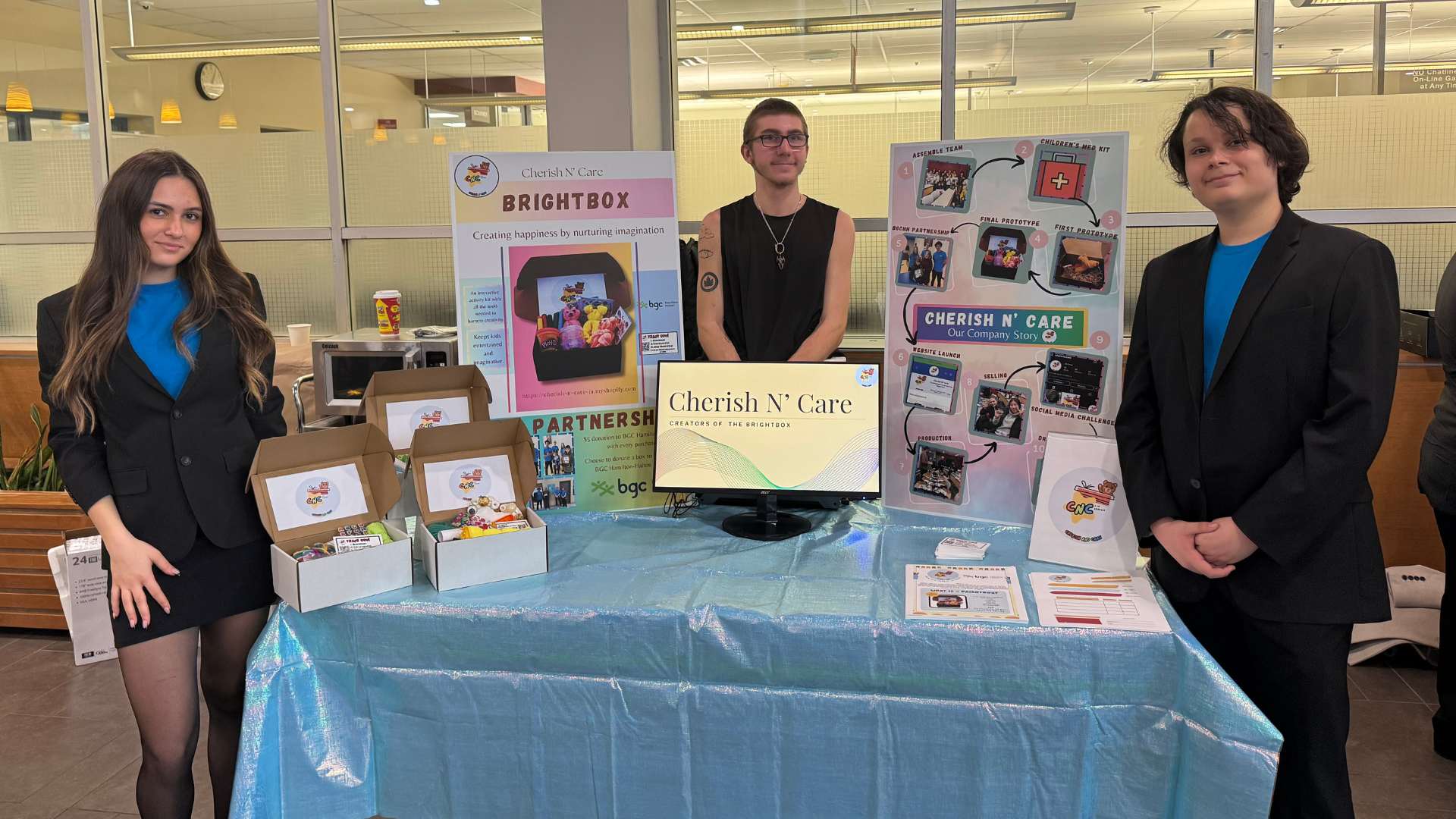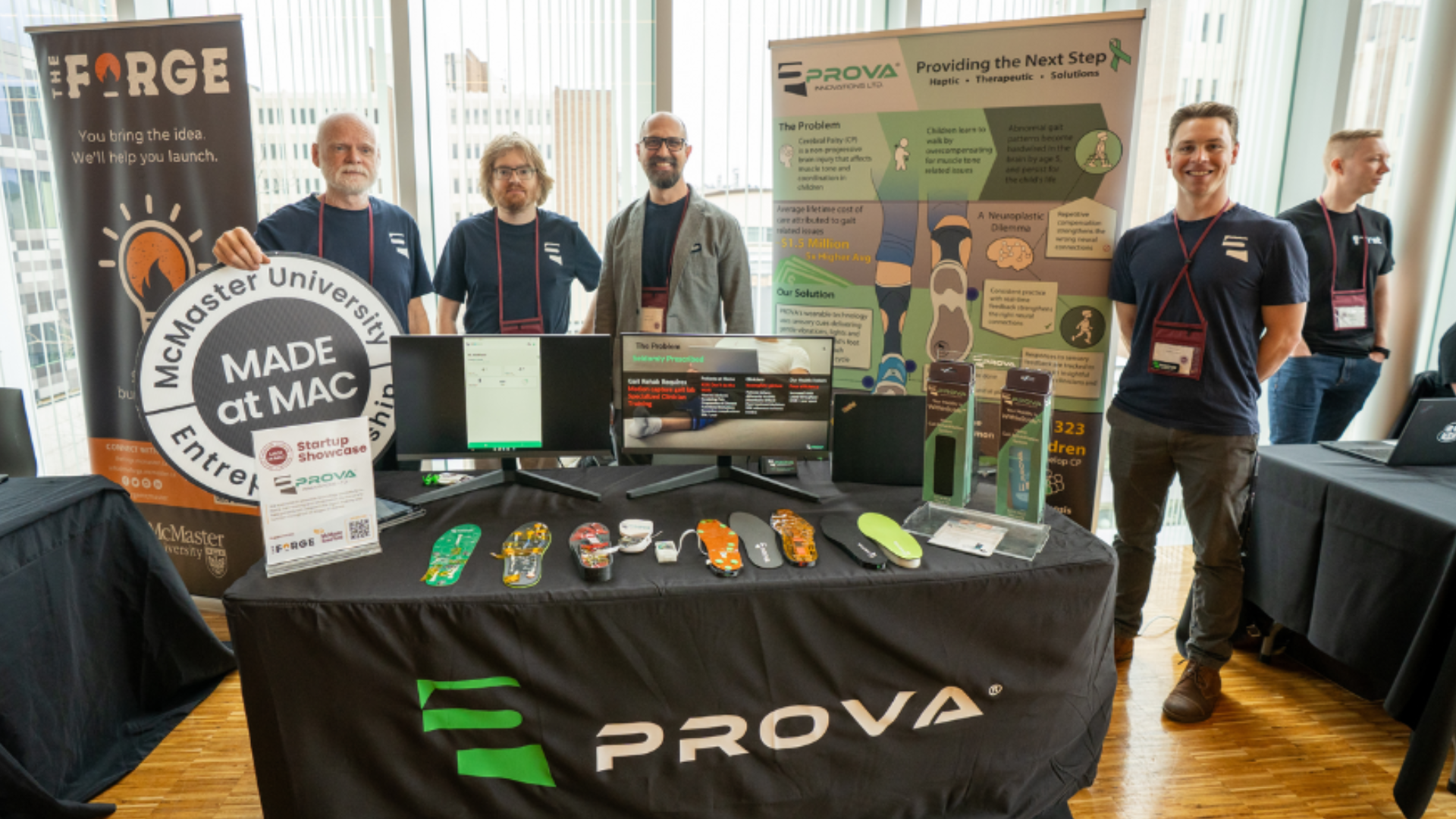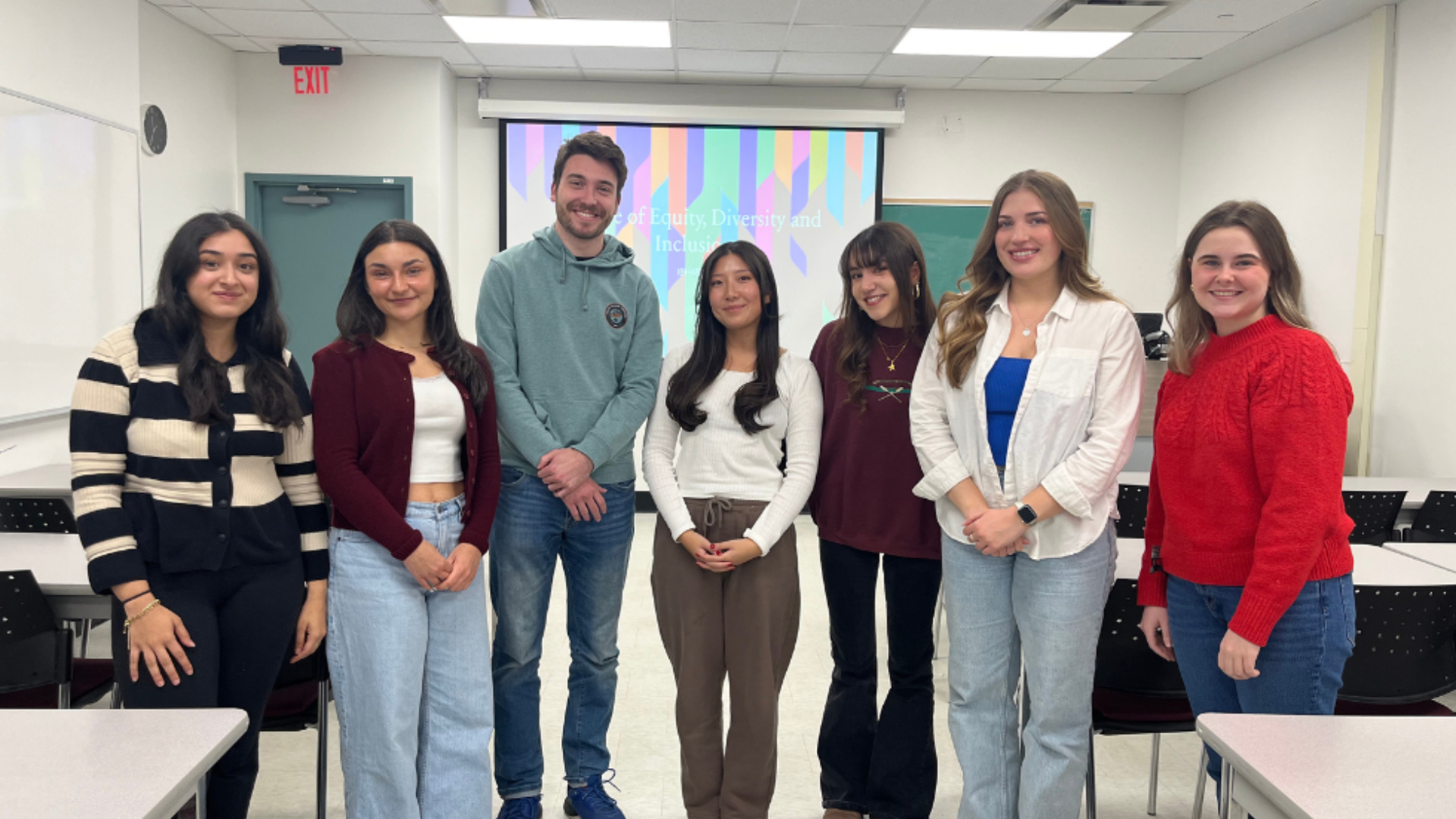A Student Perspective: How Understanding Policymaking Can Help Address Global Issues
September 28, 2022 ·
Contributed by: Olivia Stankovich
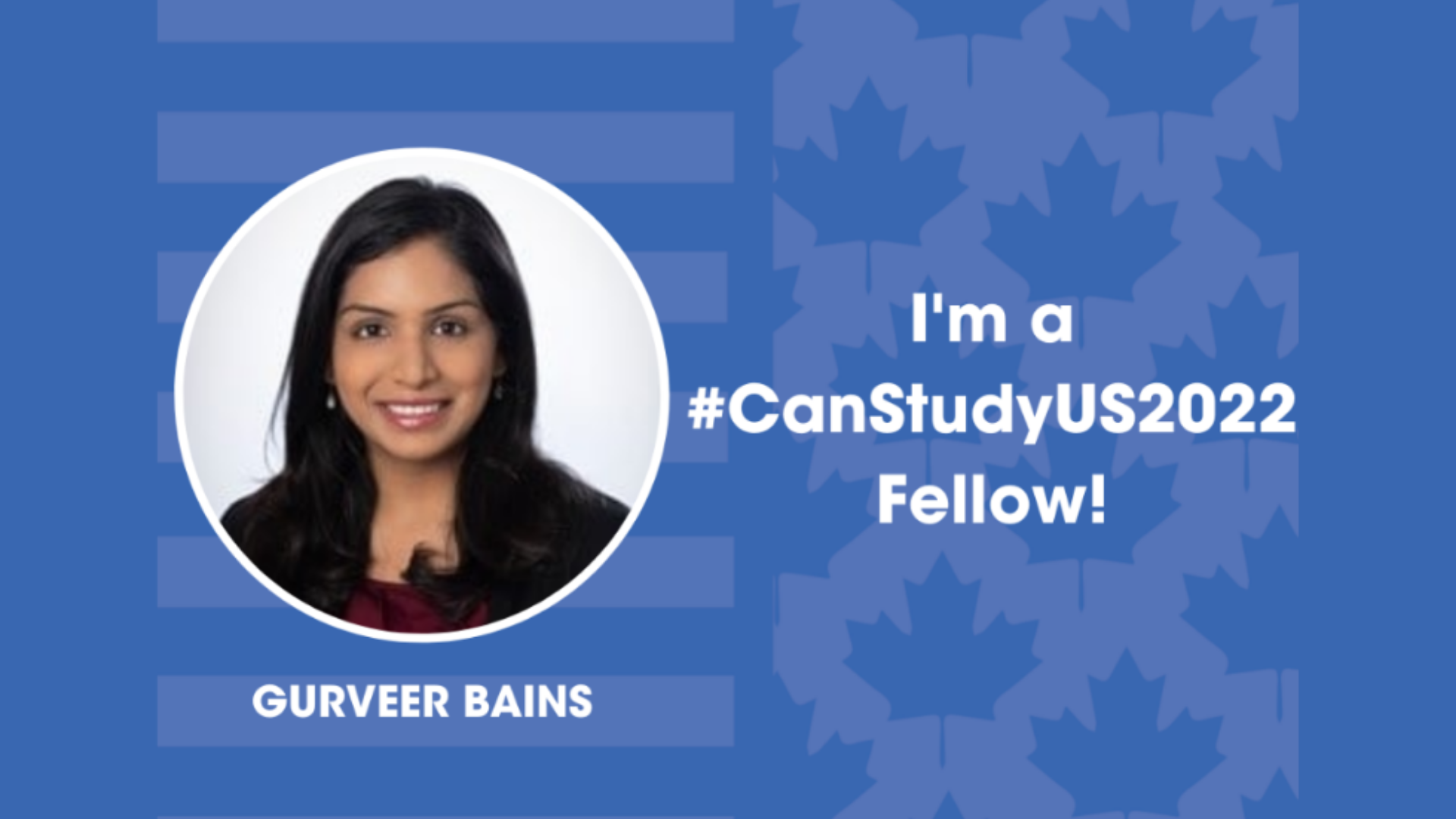
CanStudyUS Fellow Gurveer Bains, MBA ’22, shares her learnings and insights on the importance of future business leaders understanding policymaking in an international context.
Can deeper relationships between Canada and the U.S. help tackle global challenges like misinformation and climate change? This is what Gurveer Bains, MBA ’22, dove into during the 9-week CanStudyUS Fellowship; a program, run by Toronto Metropolitan University’s Leadership Lab which provides students and young professionals insights into U.S. policymaking and politics.
“It is crucial that future business leaders understand policy and policymaking across international arenas,” said Bains. “We have witnessed first-hand the global reach of COVID-19 and the impacts of climate change and cybersecurity. Future business leaders must understand their responsibility to global concerns.”
In the first four weeks, the fellowship focused on policy education and leadership. Fellows learned about the systems of power in Washington, D.C. and how to lead a movement. Encouraged to think like leaders, they identified ways they could make change in their own communities.
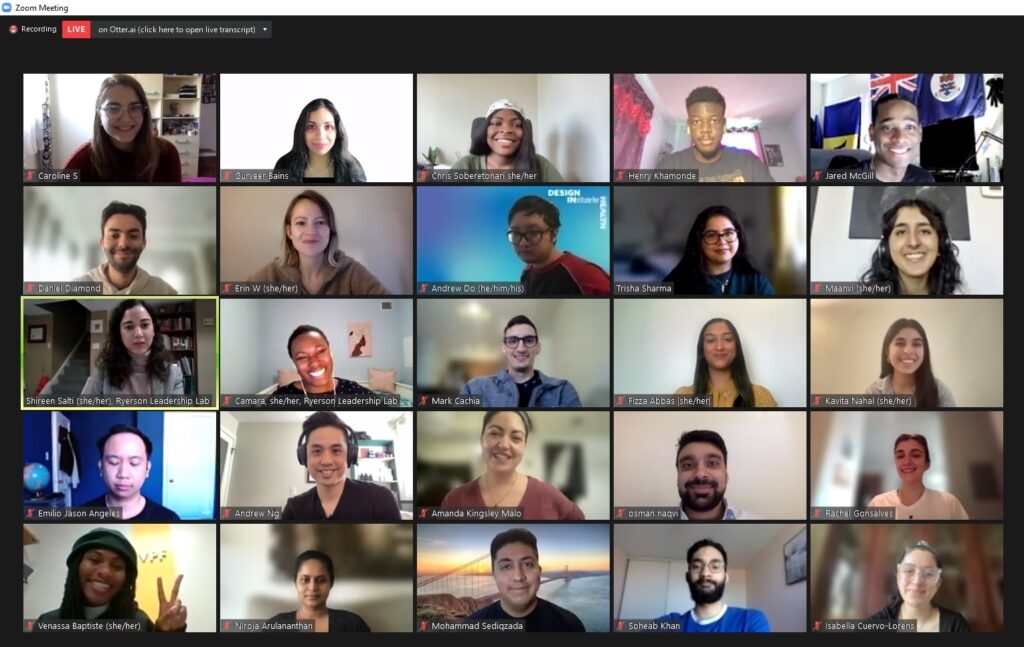
Bains was surprised to learn about the adaptability of policymaking.
“Traditional policy is seen as being quite rigid. However, as we witnessed the global response to the COVID-19 pandemic, there has been a surprising factor of speed. Policy education and changes were quick to respond to public health measures during this time.”
In the second half of the program, fellows heard from American leaders in key areas, and used insights from the leadership development workshops to discuss big topics. Themes covered in these discussions included: Cybersecurity, Technology and Misinformation; Indigenous Advocacy and Decolonizing Public Policy; and Climate Change, Justice and the Build Back Better Act.
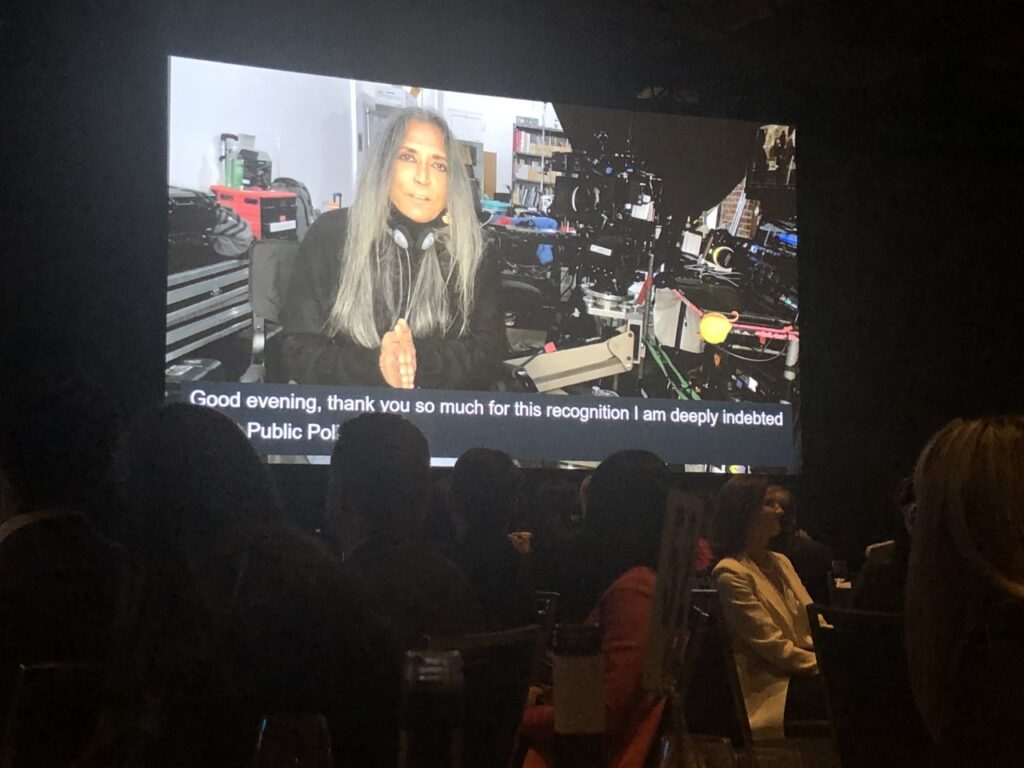
“Challenges such as addressing climate change and misinformation were discussed within a global context. There were similarities across public policy in both countries to address these challenges. For example, both Canada and the U.S., as well as our global community, must come to a consensus on addressing climate change. We have been seeing the effects of climate change across the globe and it is crucial we act on this immediately and collectively,” says Bains.
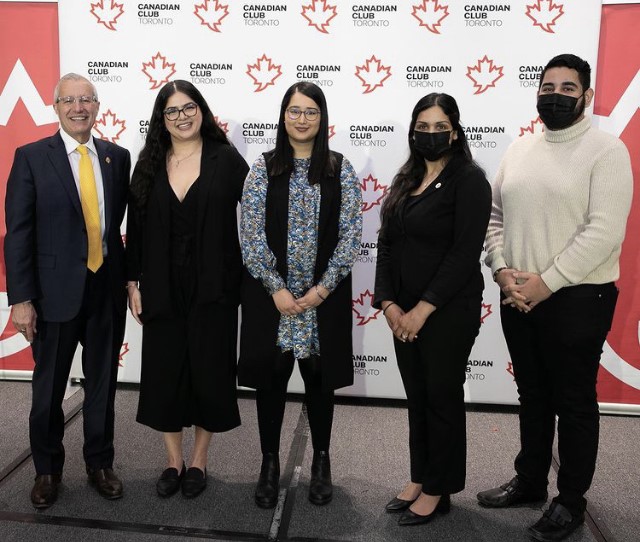
For Bains, the diversity of experiences, perspectives, and thoughts shared by participants allowed her to come away from the fellowship with a deeper understanding of the policymaking process. This unique learning experience allowed her to develop her understanding of global challenges as she builds her career in finance, technology, and healthcare.
“I strongly believe that future business leaders must understand policies, problems, and issues from this diversity of perspectives to attain and sustain a competitive advantage and make meaningful change as leaders.”

